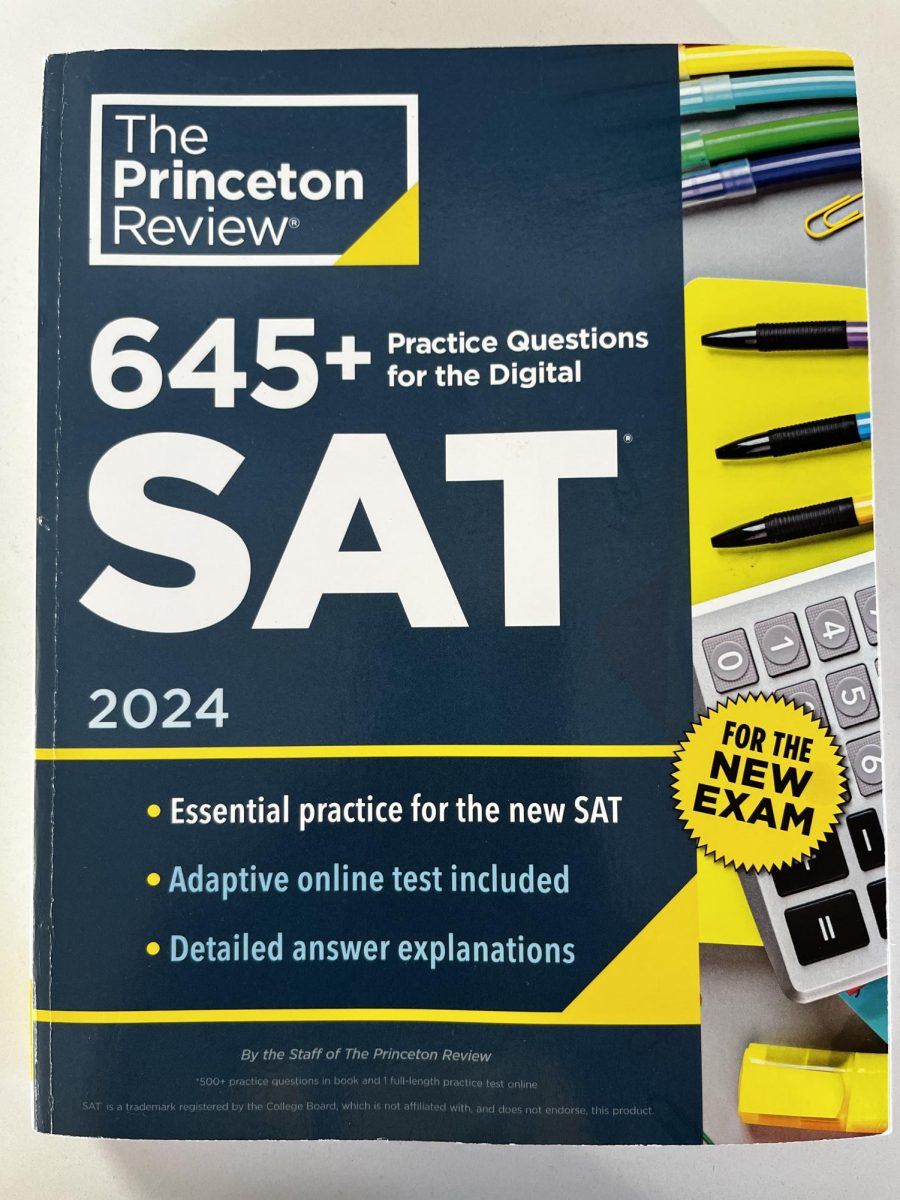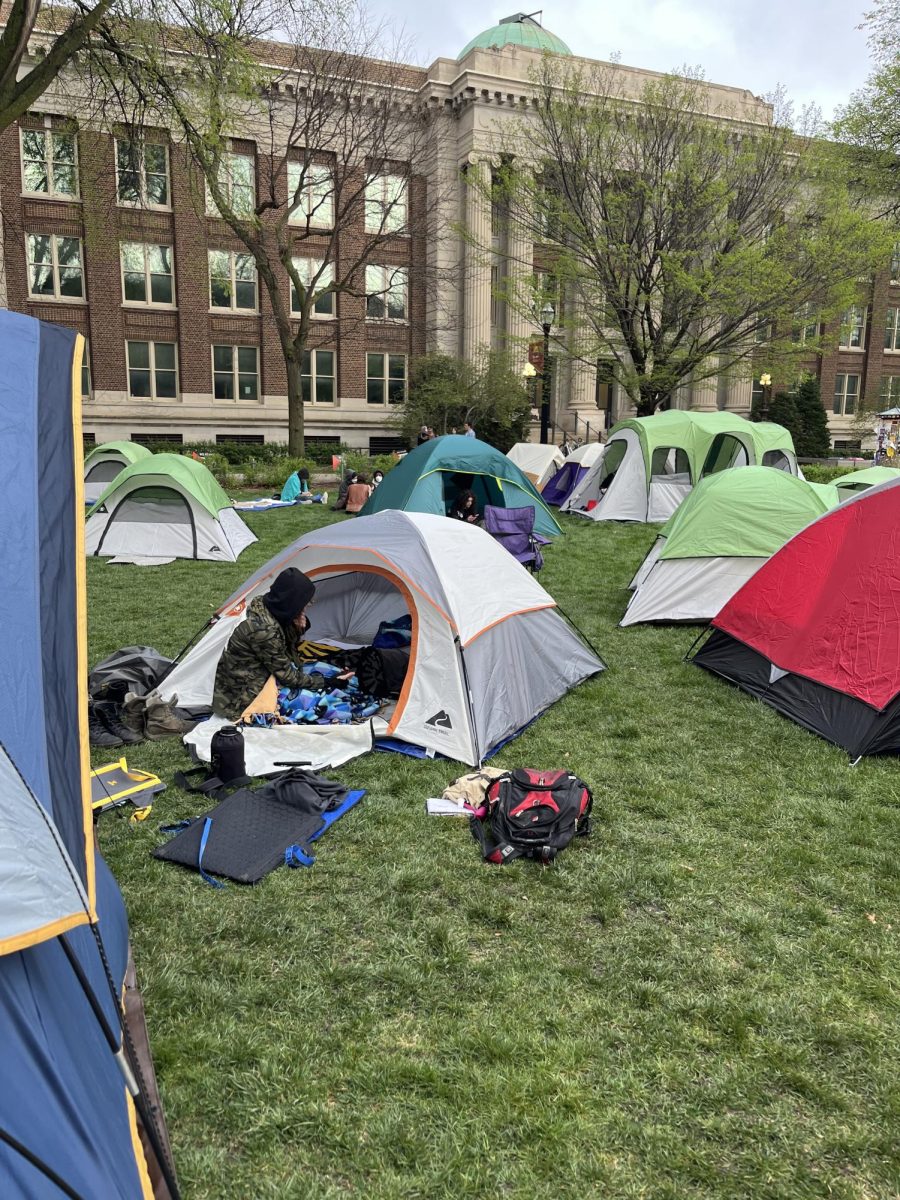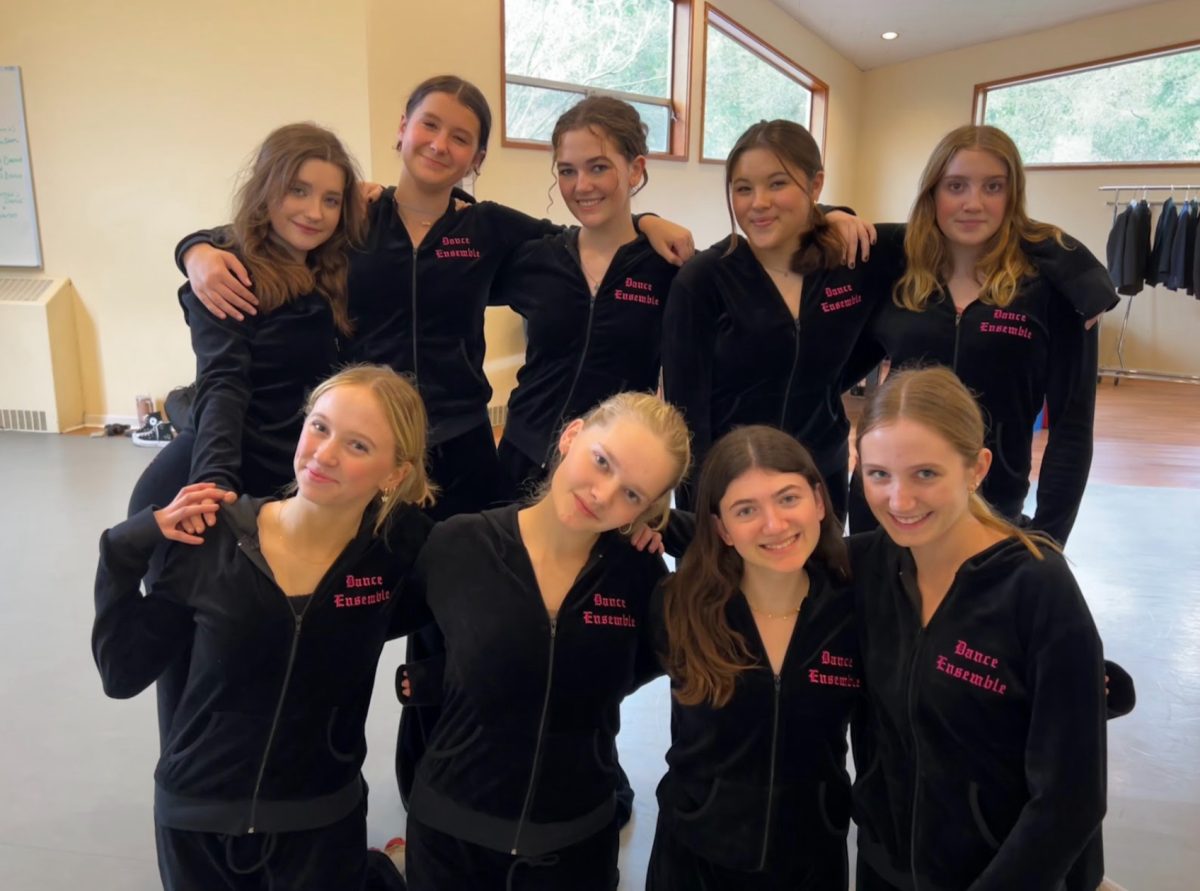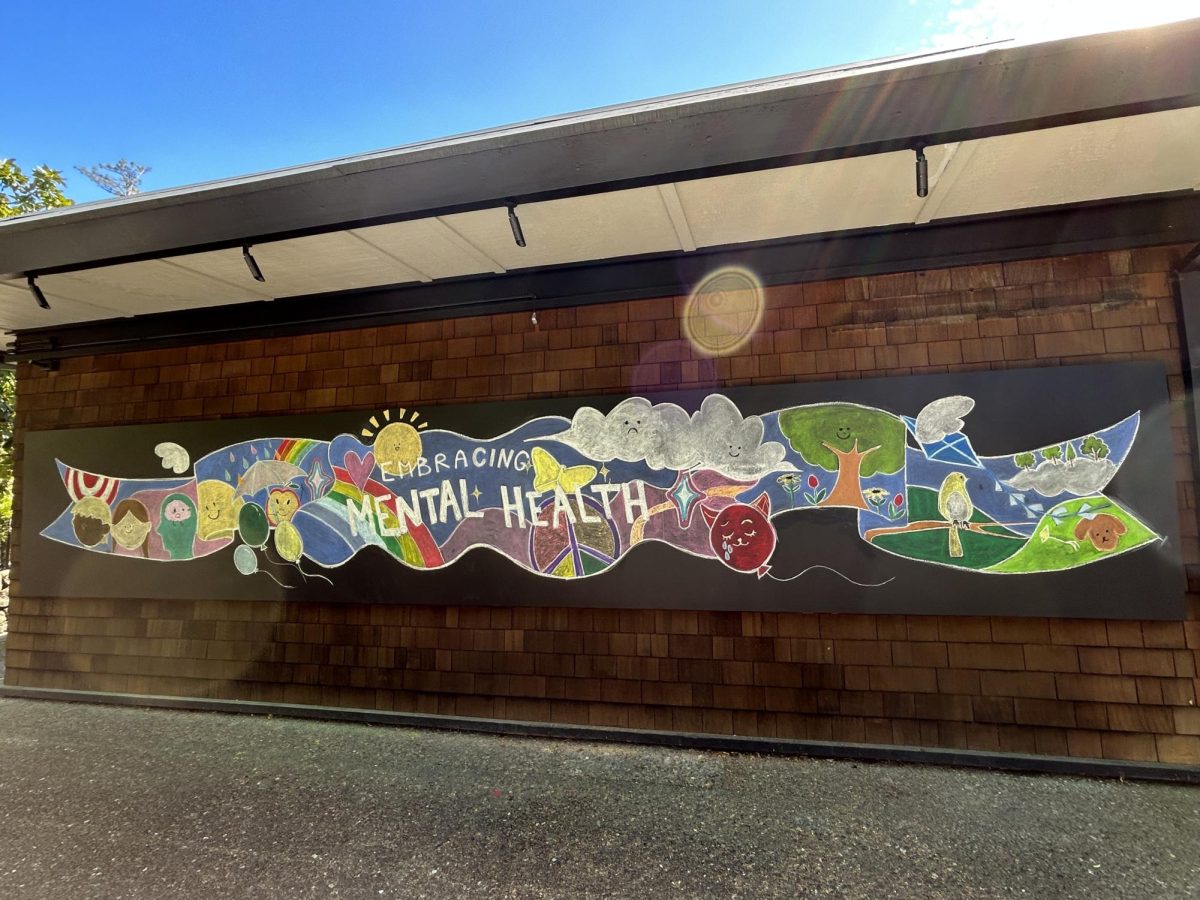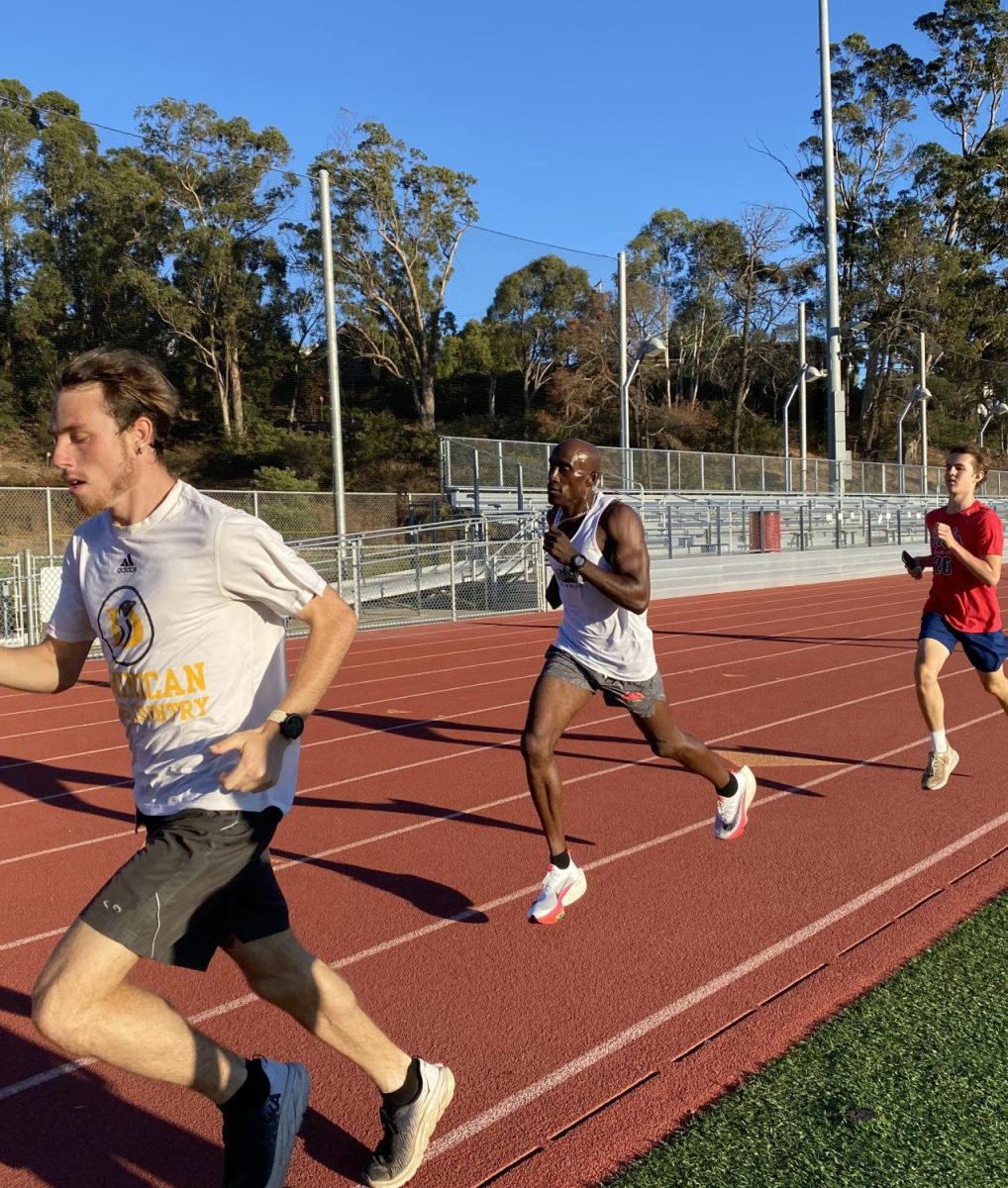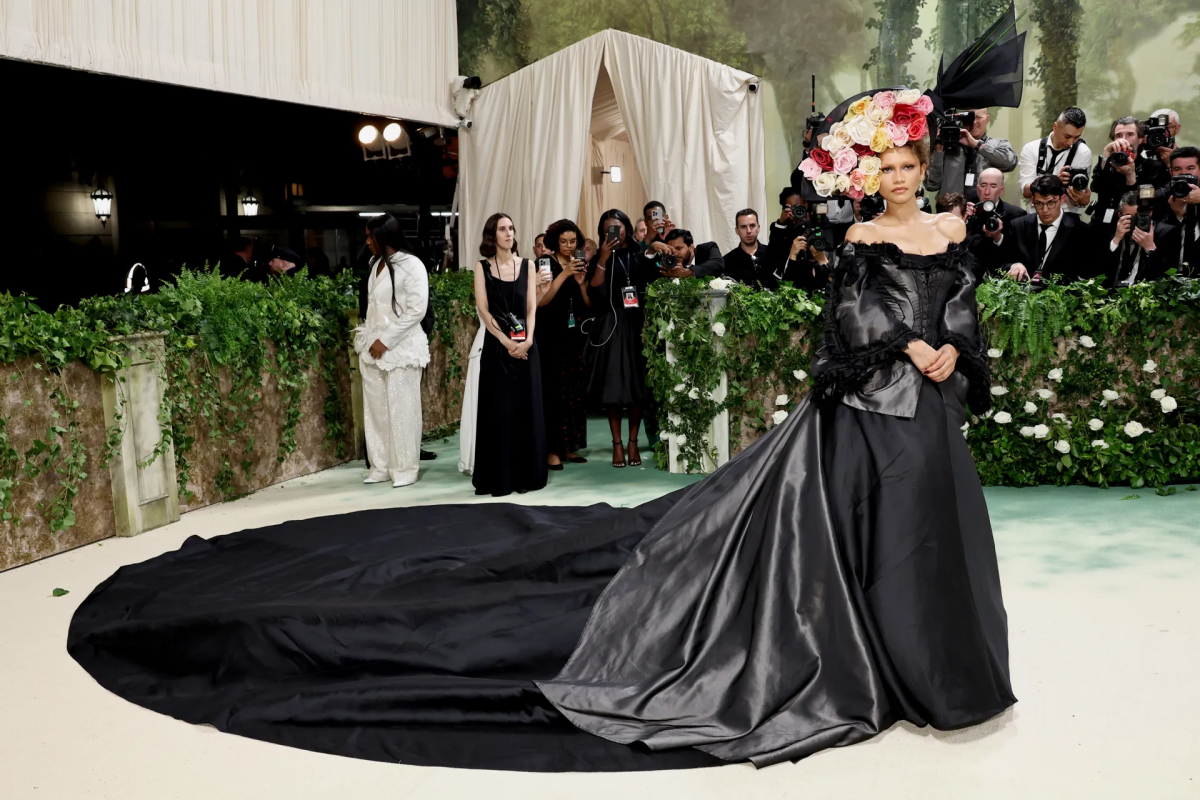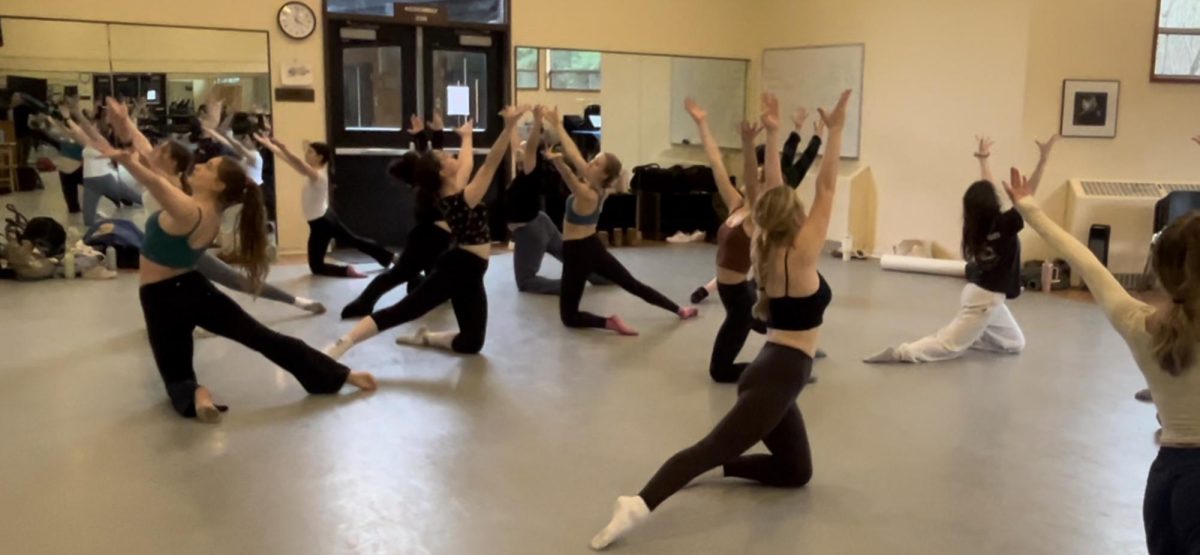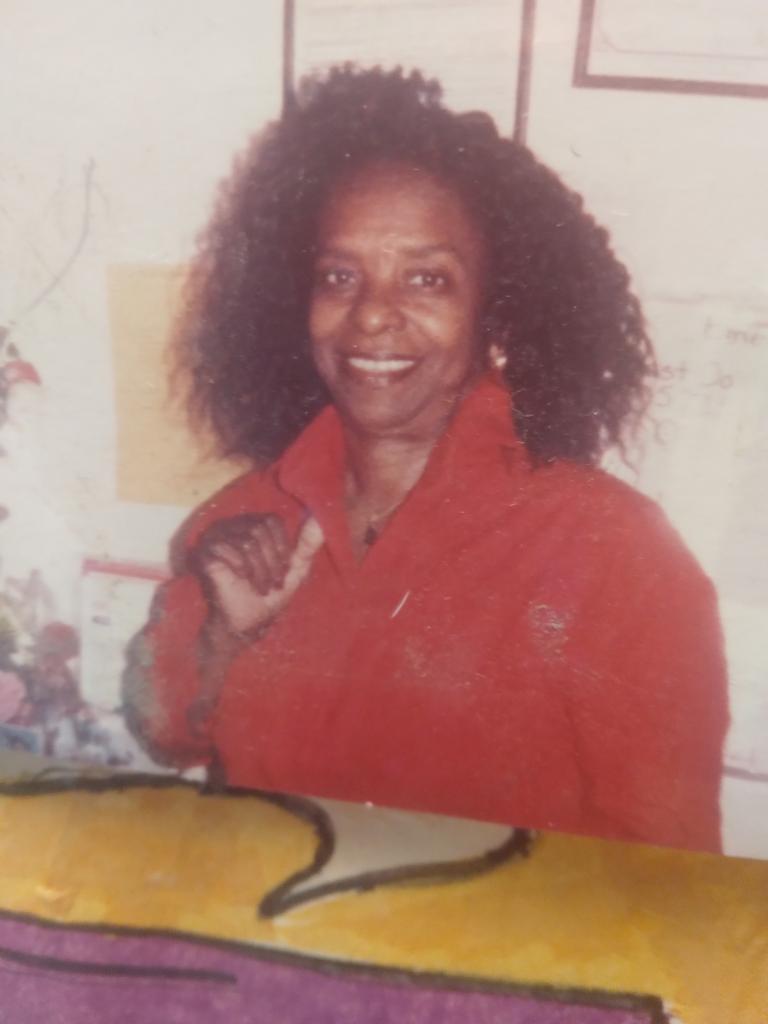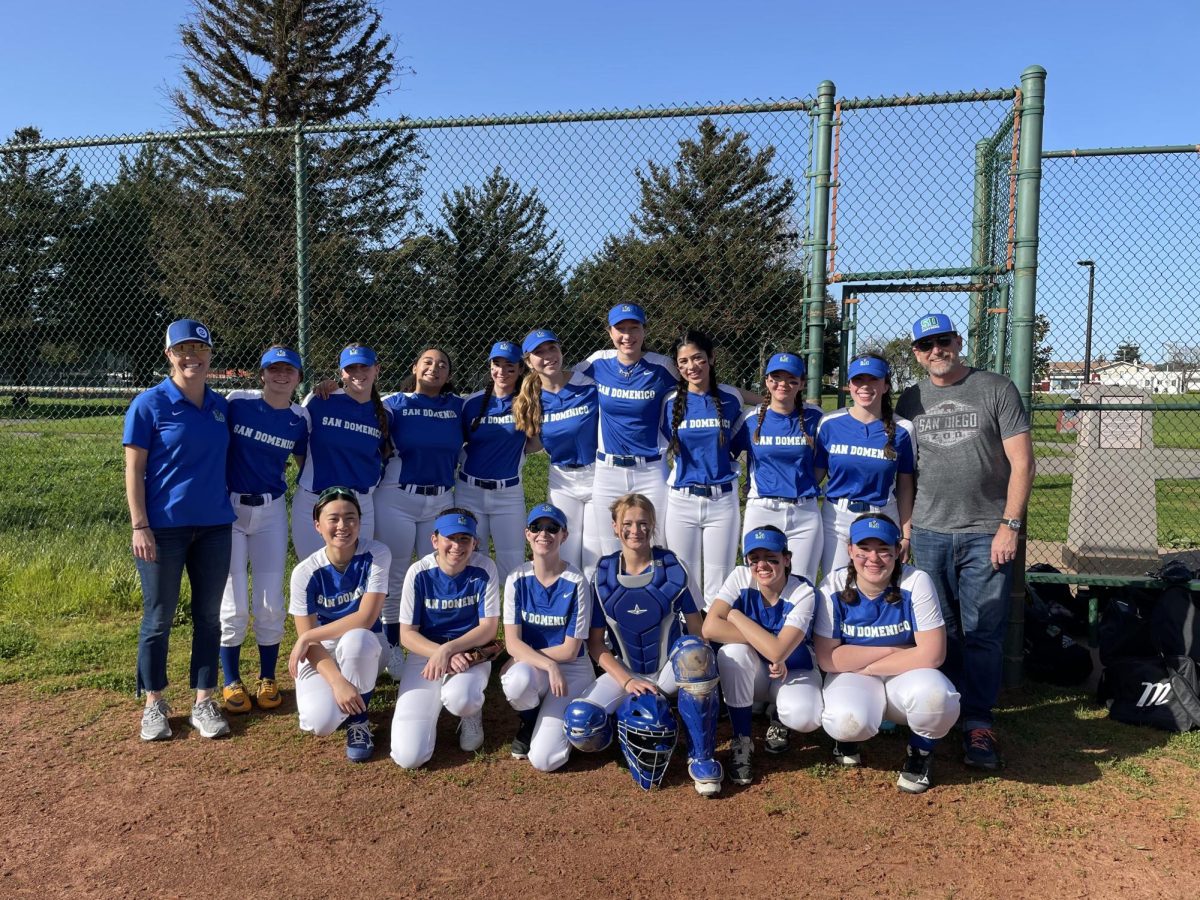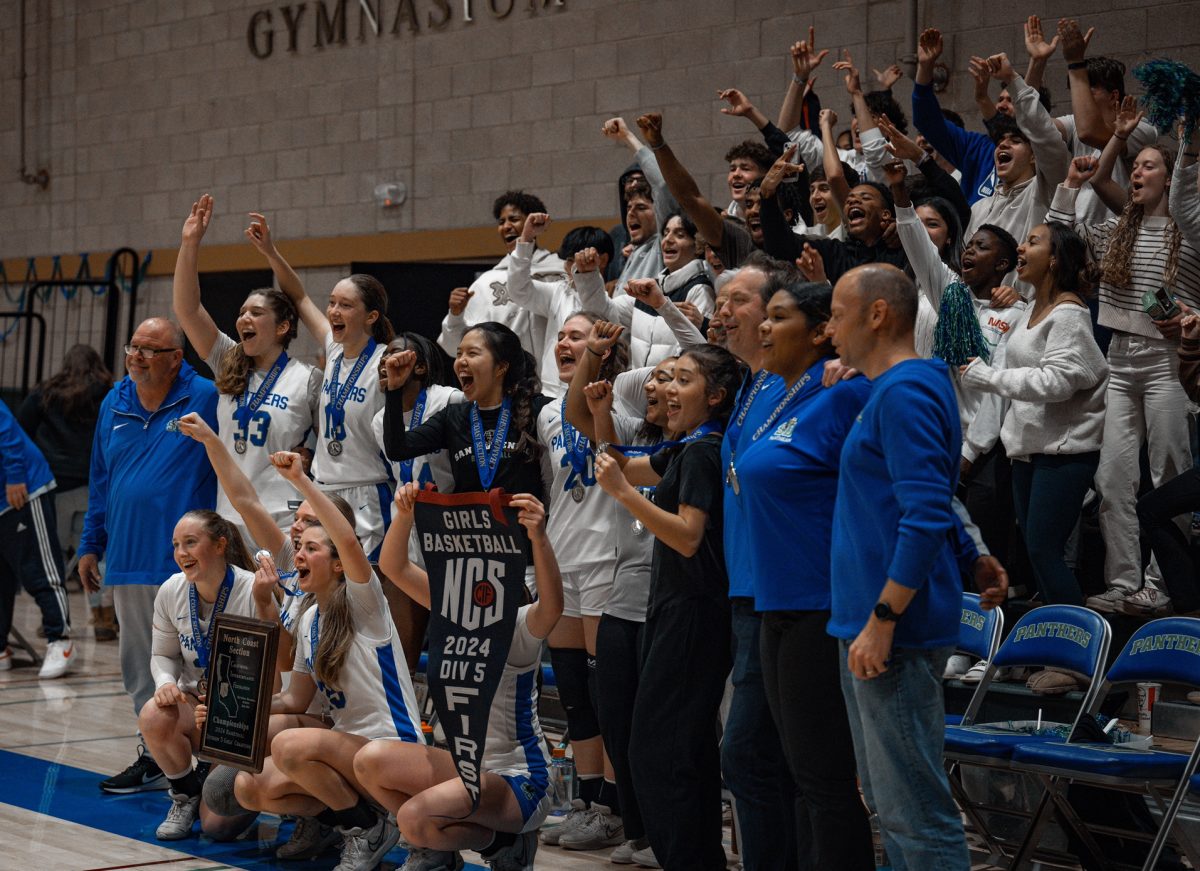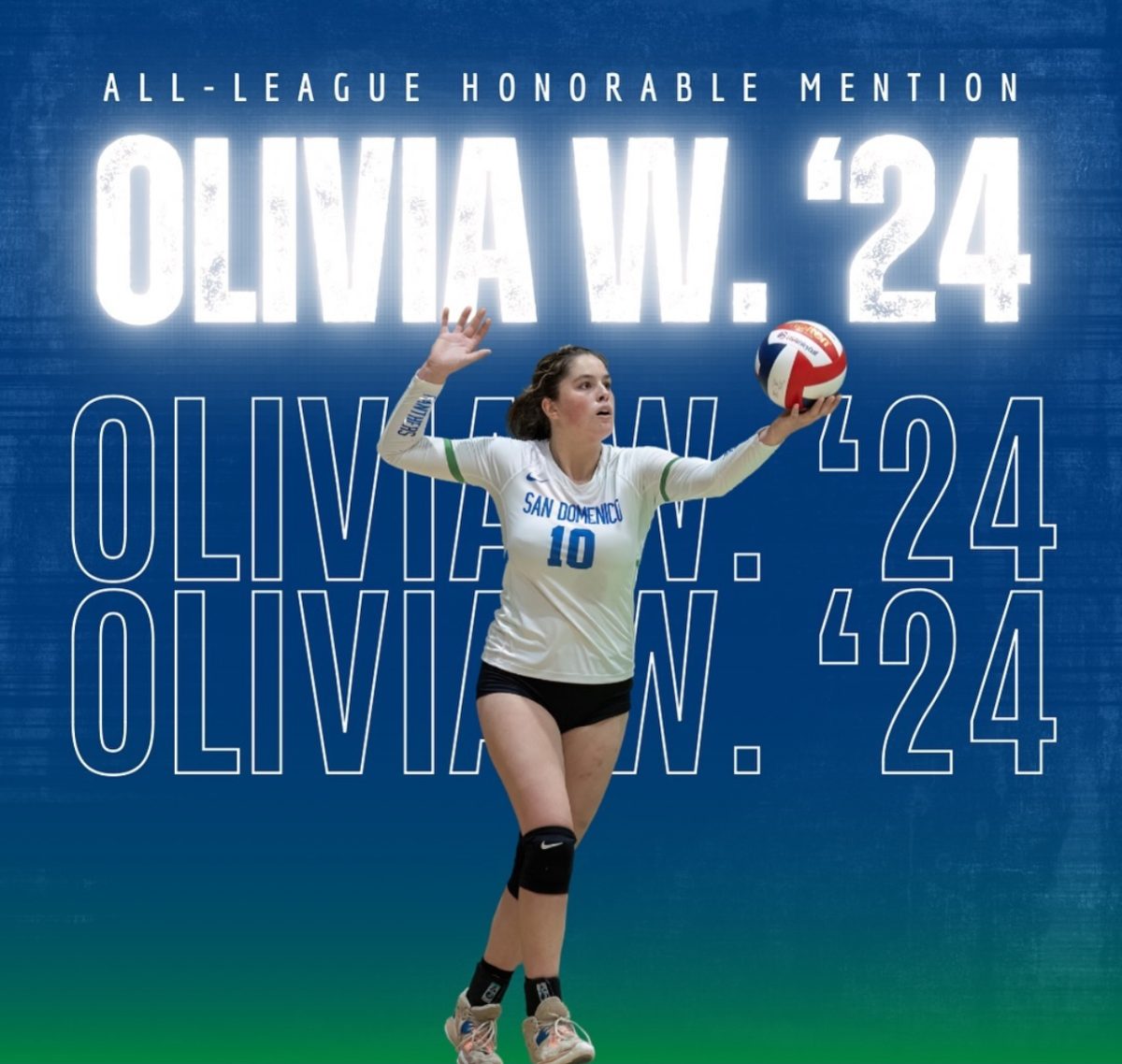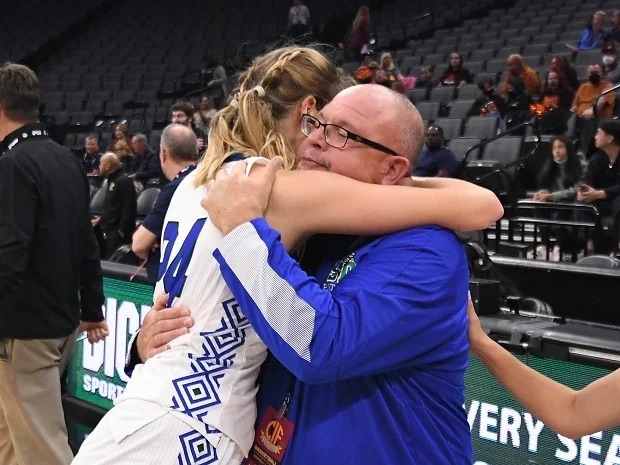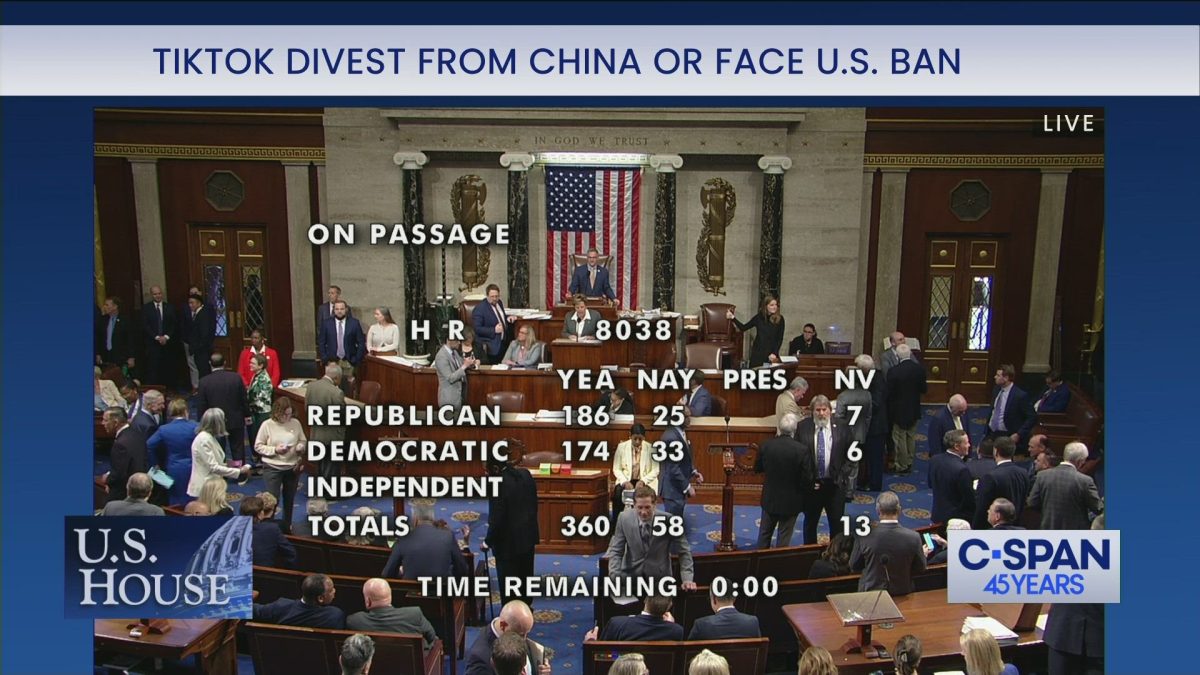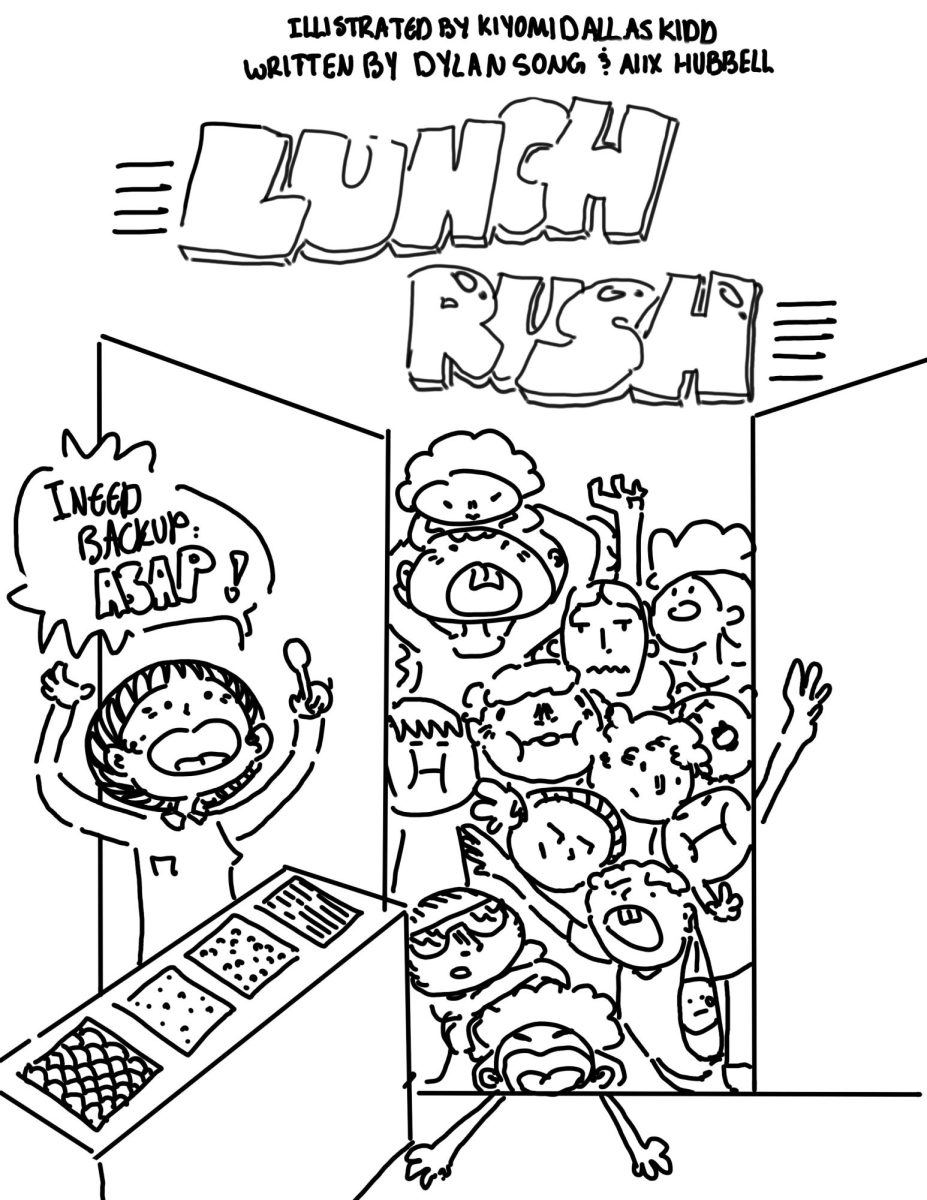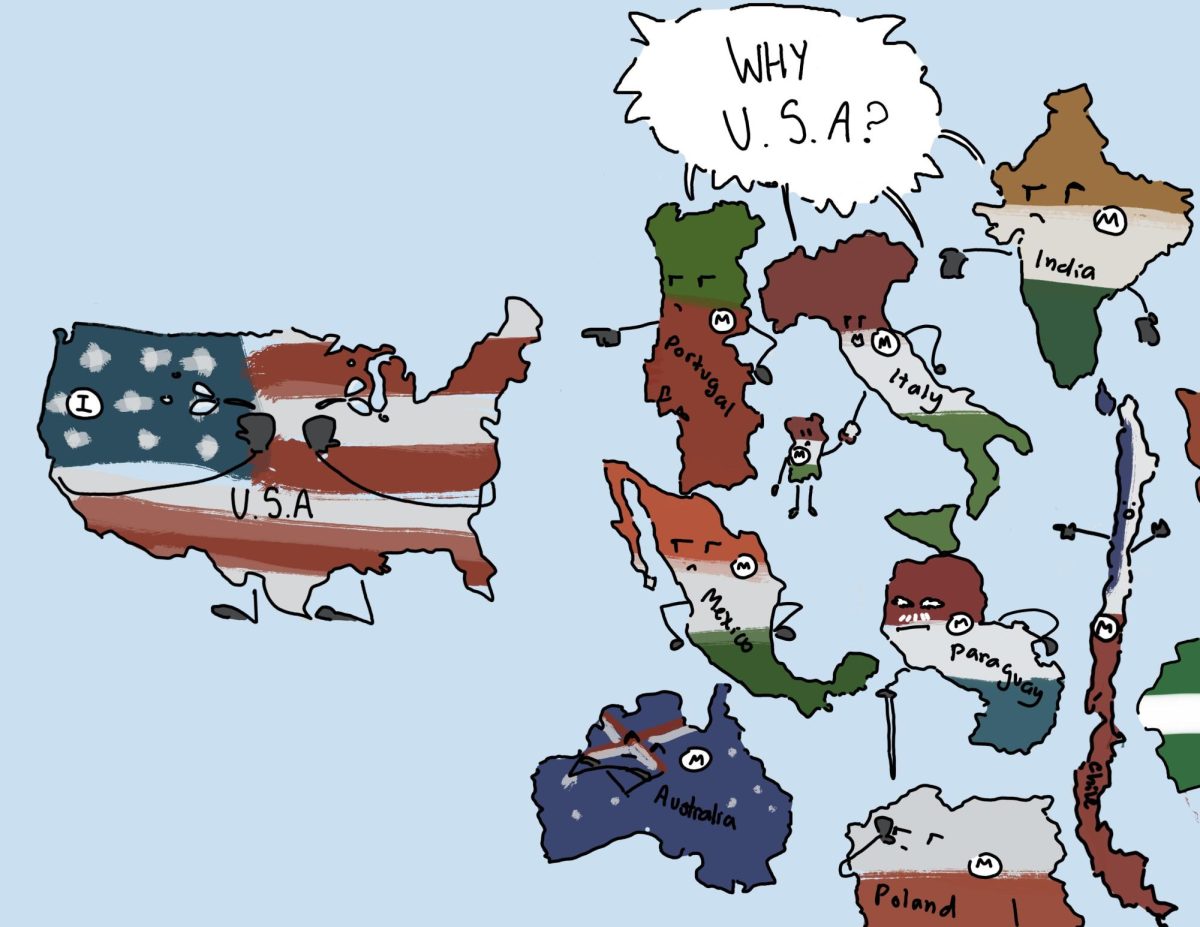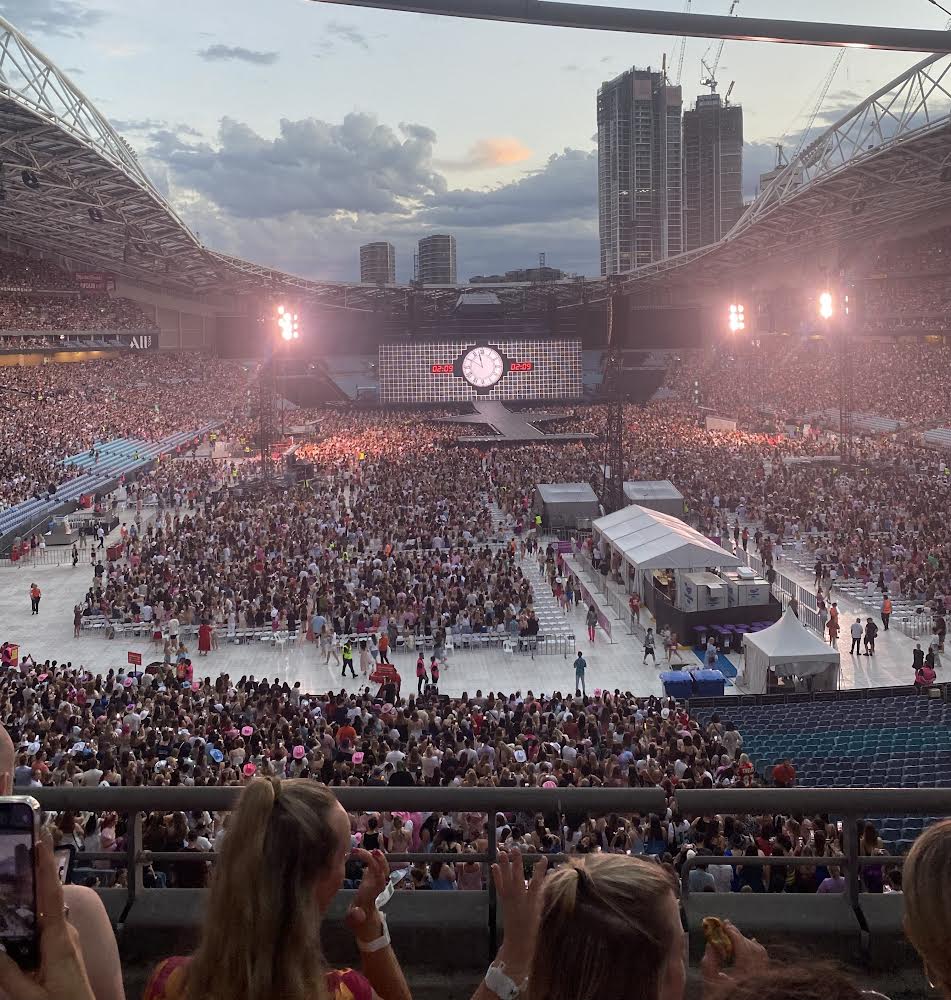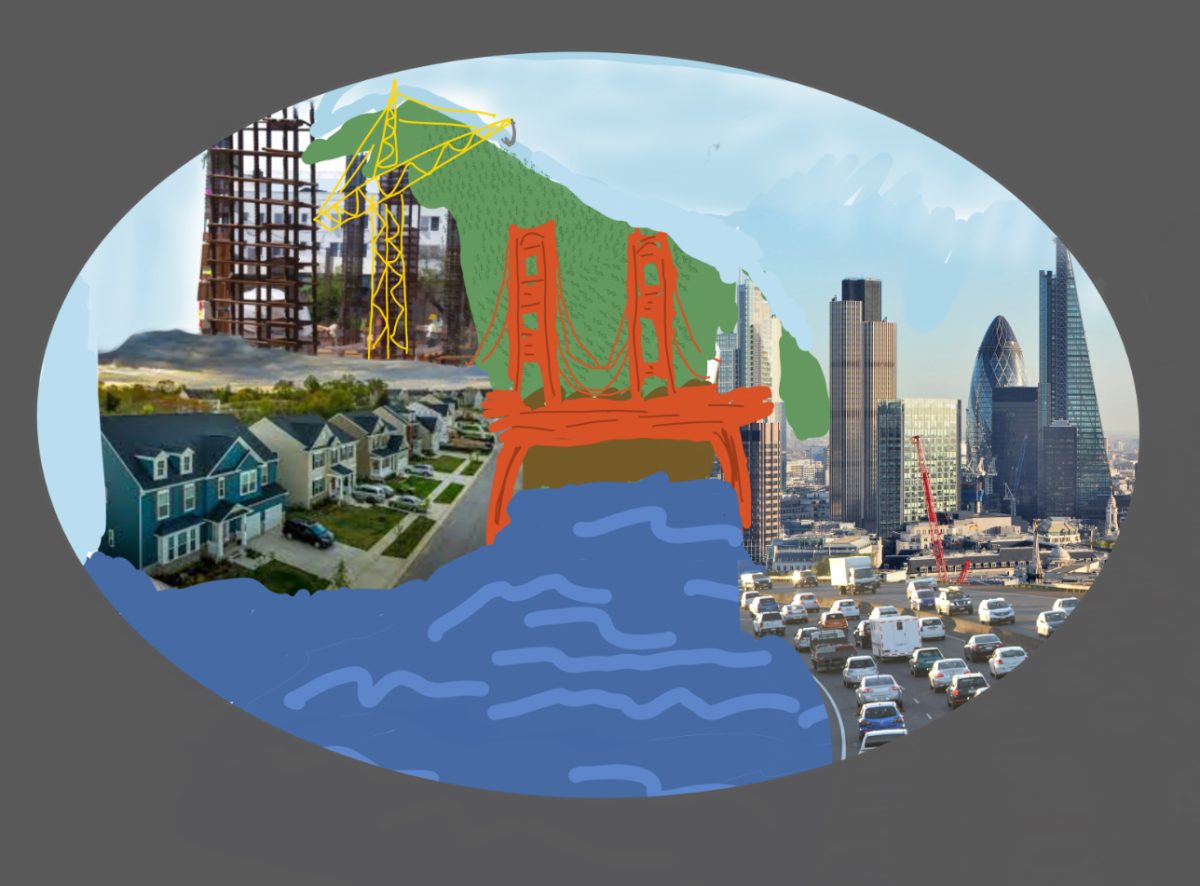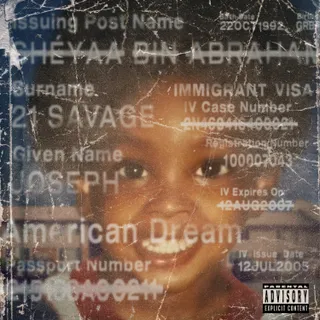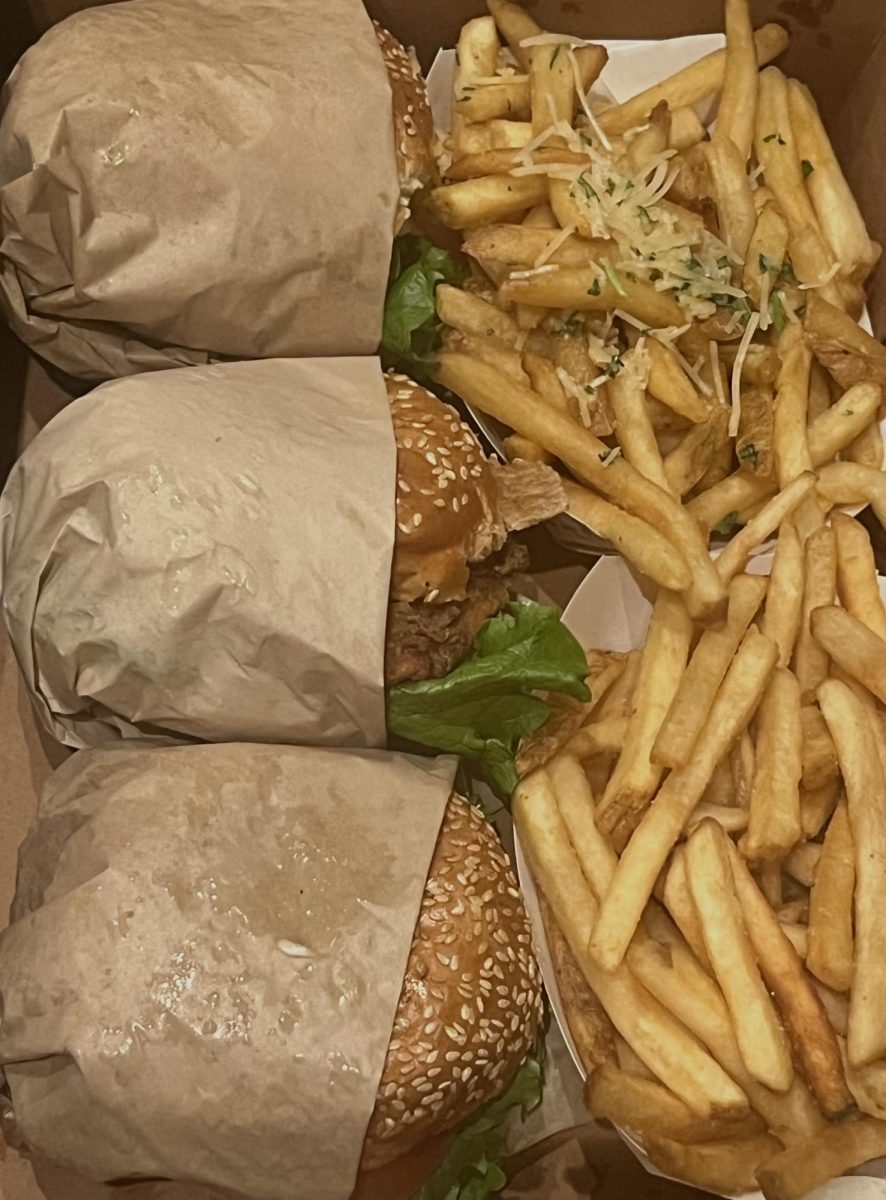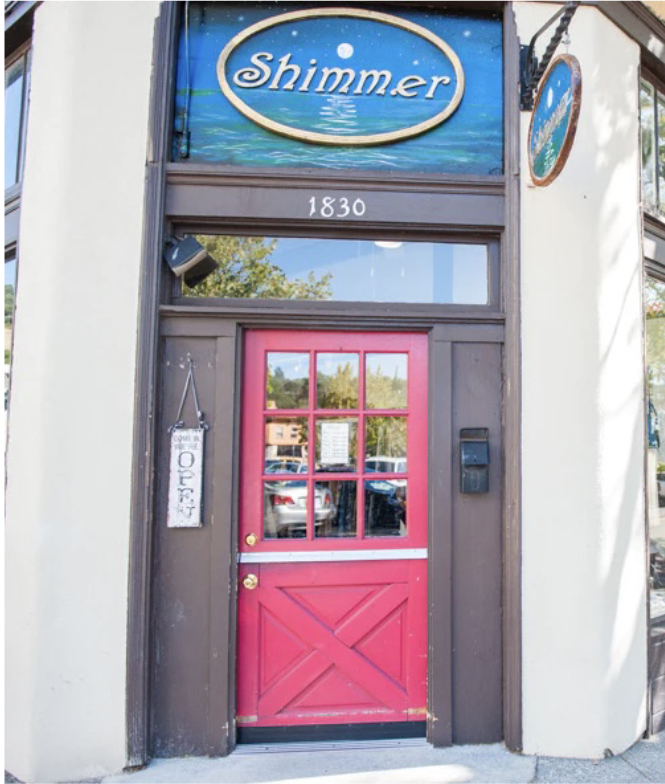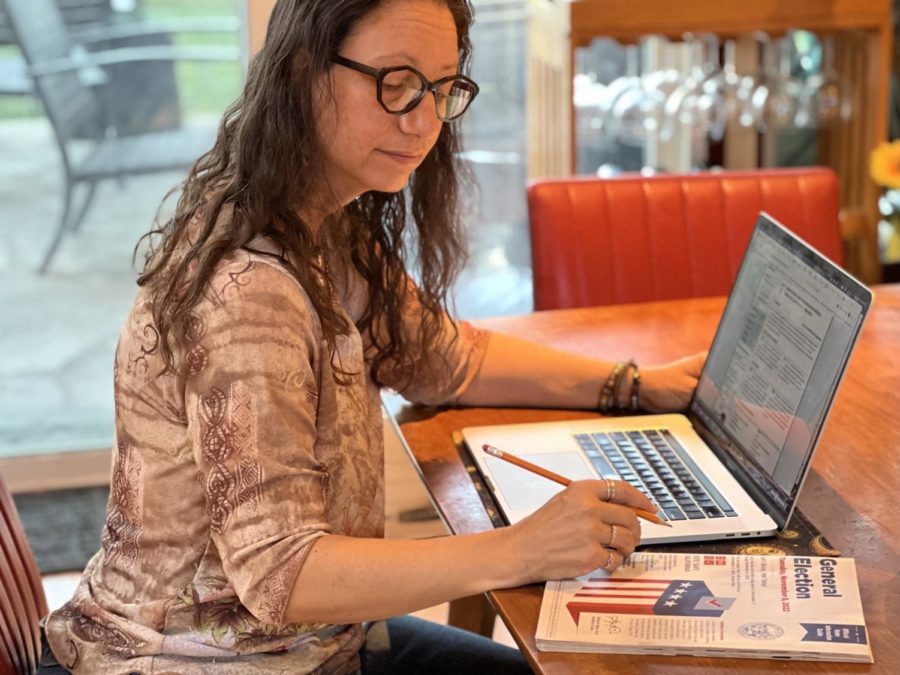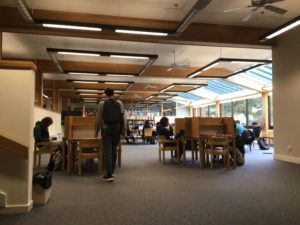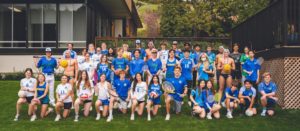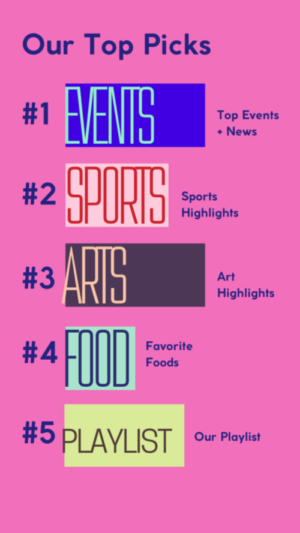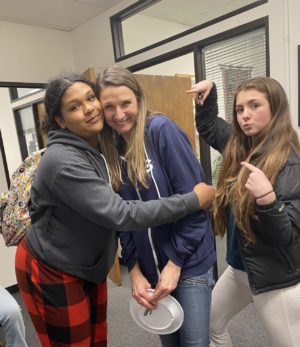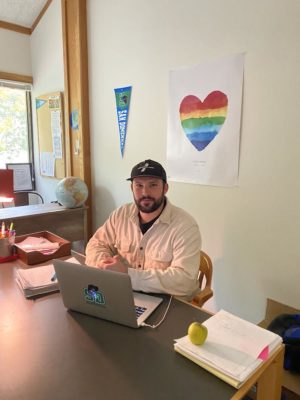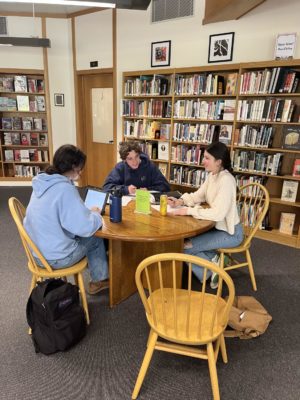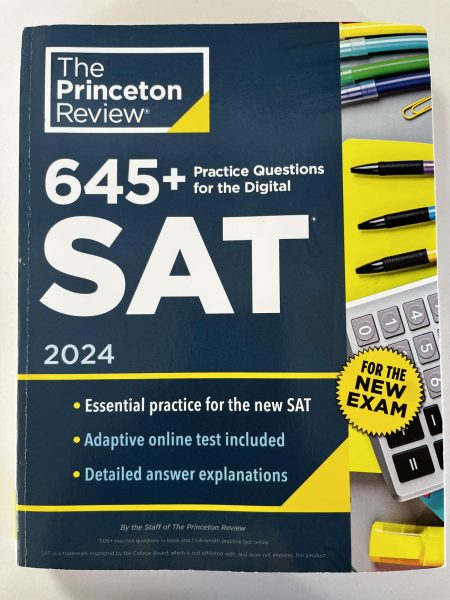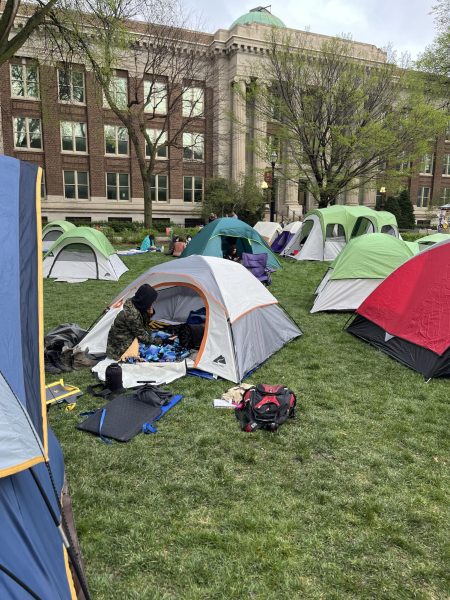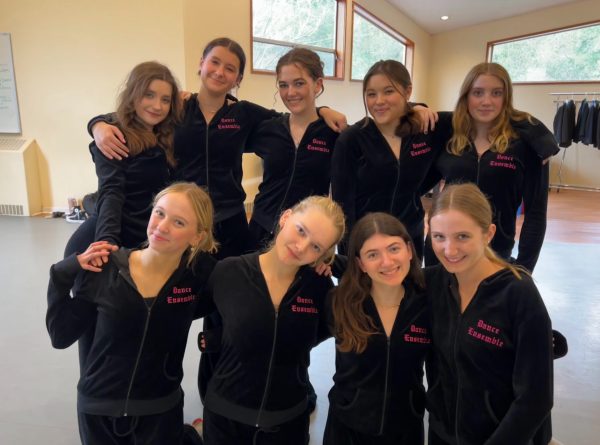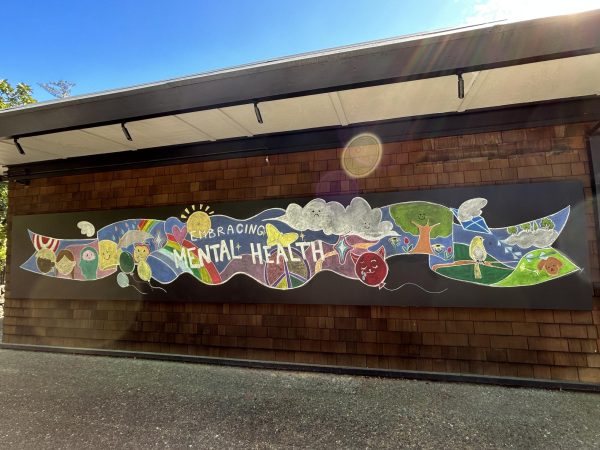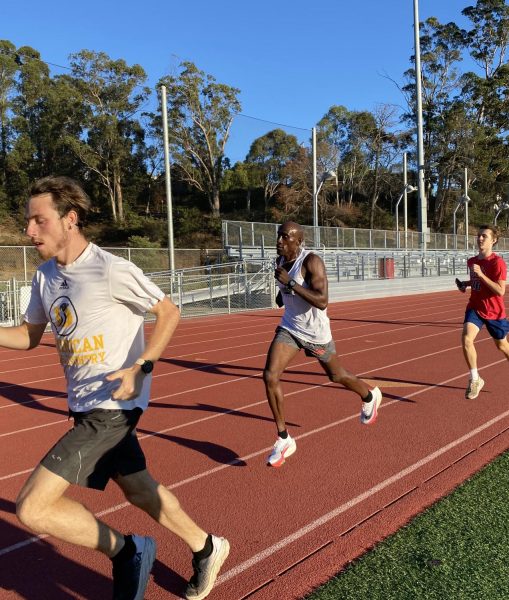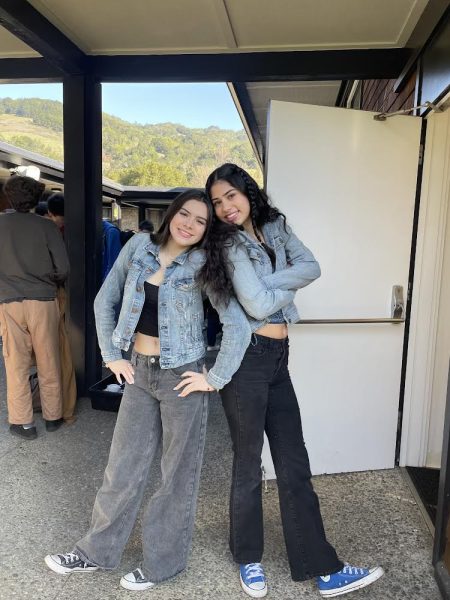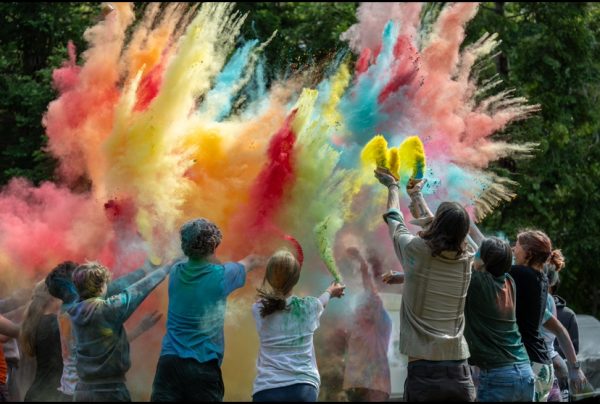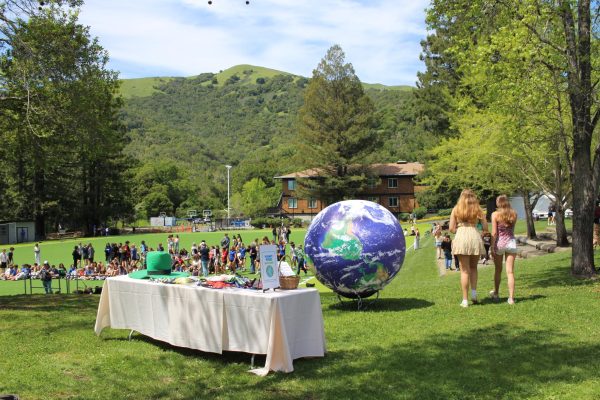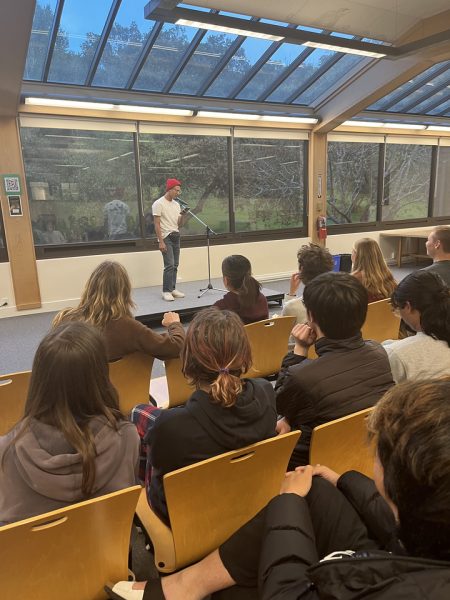Midterm elections are fast approaching. Is San Domenico ready to vote?
“Marin county resident Julia Dvorin does research using the Voter Information Guide”
October 7, 2022
November 8th is the date of 2022 midterm elections, but the deadline for voter registration in California is earlier, and fast approaching.
For California residents, the cutoff for voter registration is Oct. 24, 2022. This means that any aspiring voters, including high school seniors that turn 18 before election day, have approximately 2 weeks remaining to register if they want their voices heard in this cycle of American democracy.
For first time voters, the idea of voting is often exciting.
Orion Kent, a senior at San Domenico Upper School, says, “I’ll be turning 18 soon and I’ll be able to vote. I believe my vote would be pretty important … it’s important to vote. [It’s how you] get your own side chosen.”
Unfortunately, the process of voter registration isn’t automatic, and it hardly makes for a thrilling conversation. Registering to vote is rarely included in the to-do list of approaching adulthood, unlike getting a driver’s license and applying for college. New voters know they need to register at some point, but not when, and often not how.
When asked about the difficulty of registration, Kent said, “I don’t know yet. I haven’t done the process.”
However, as San Domenico High School history teacher and voting enthusiast Kathy Hagee put it, “Voting is not hard … the barriers that are there, with help, can easily be torn down.”
So here’s the help to tear down those barriers.
Here are the qualifications. According to the California Secretary of State, first and foremost, you need to be a United States citizen, and a California resident if you’re voting in California. Secondarily, you cannot be currently serving a prison sentence for a felony, or found mentally incompetent to vote by a court. Lastly, you need to be 18 years of age by the time of the election, November 8th, 2022.
But if you’re under 18 like Nyx Baharestan, a sophomore at San Domenico, who believes voting is “a fundamental right,” and “one of the most crucial ways of stating your opinion,” there’s still information about voting registration you should know.
If you’re 16 or 17 years old by November 8th, you can’t vote in the upcoming midterm election, but you can still pre-register, which means you can automatically vote in any future election.
Once you have determined your voting eligibility, the registration process is very simple. To register online, all you have to do is go to https://registertovote.ca.gov and follow the clearly presented instructions. You’ll need your social security number and your California driver’s license, or your California I.D. If you do not have a driver’s license or California I.D., you can still follow the online instructions, print out the form when prompted, sign it, and send it to your county elections office. In Marin County, you would mail it to P.O. Box E
San Rafael, CA 94913-3904
The full list of offices is available at https://www.sos.ca.gov/elections/voting-resources/county-elections-offices.
Although registration is all that’s legally necessary in order to vote, voter preparedness can go a step further. To vote, you have to know who and what you’re voting for, but not everyone has had time to figure that out.
When prompted about what is on this year’s ballot, Kent said, “I don’t really follow along with politics a lot. I actually don’t even watch the news. I feel like it’s more important to work at school related things at the moment than things that are going around everywhere.”
It can be hard to keep up with the wider world during busy times in your life, but there are a few easy ways to stay up to date.
The simplest way to know what’s on your ballot is to look at the voter information guide at https://voterguide.sos.ca.gov which has a list of everything being voted on in the California election, along with brief information on propositions and statements by candidates.
It can also be helpful to talk to friends and family about their opinions in order to get a better understanding. “My family during dinner loves to talk about politics,” Kent says. “I don’t talk much so I listen to whatever they say and I get a good view of what they think, how they think.”
Other potential voters keep up on news via social media. “The majority of the news that I get is either through reading … online articles or through secondary sources such as … instagram,” Baharestan says.
There are, however, some issues to be aware of when getting information from others, even those you trust. According to Baharestan, “ [Instagram] is not the greatest space for true information. It is not the most trustable sourcing [sic].”
But that doesn’t mean the information you do get is useless. “Usually [Instagram is] how I’m alerted to something,” Baharestan says. “And then … I’ll look into it more. I’ll do more research outside of the Instagram app.
It pays to do your own research, because at the end of the day, the only person’s opinions you can trust are yours. Hagee cautions against simply deferring to someone else on who to vote for.
“My education was an indoctrination in my earlier voting life because I was apathetic,” Hagee says. “My mother and my father were political and they saw me as one more vote, and since I was apathetic and uneducated in the policies (nor did I care) I was more than willing to flip the switch all the way down because why not. Mom said so.”
Kent, for example, isn’t planning on only getting information through his family. Although he might currently be busy with school and not politics, when it comes to voting research, Kent says, “When the time comes of course I will work on that too.”
No matter how you do your research, the time to use it is fast approaching. Even elections besides presidential have a significant impact, so make sure you are prepared.
As Hagee put it, “Every two years you’re turning over the house of representatives which is the closest and [most] direct elected official.” People who focus only on the presidential election are “ignoring the state and local elections that are really making the policy that’s going to affect you the most.”
